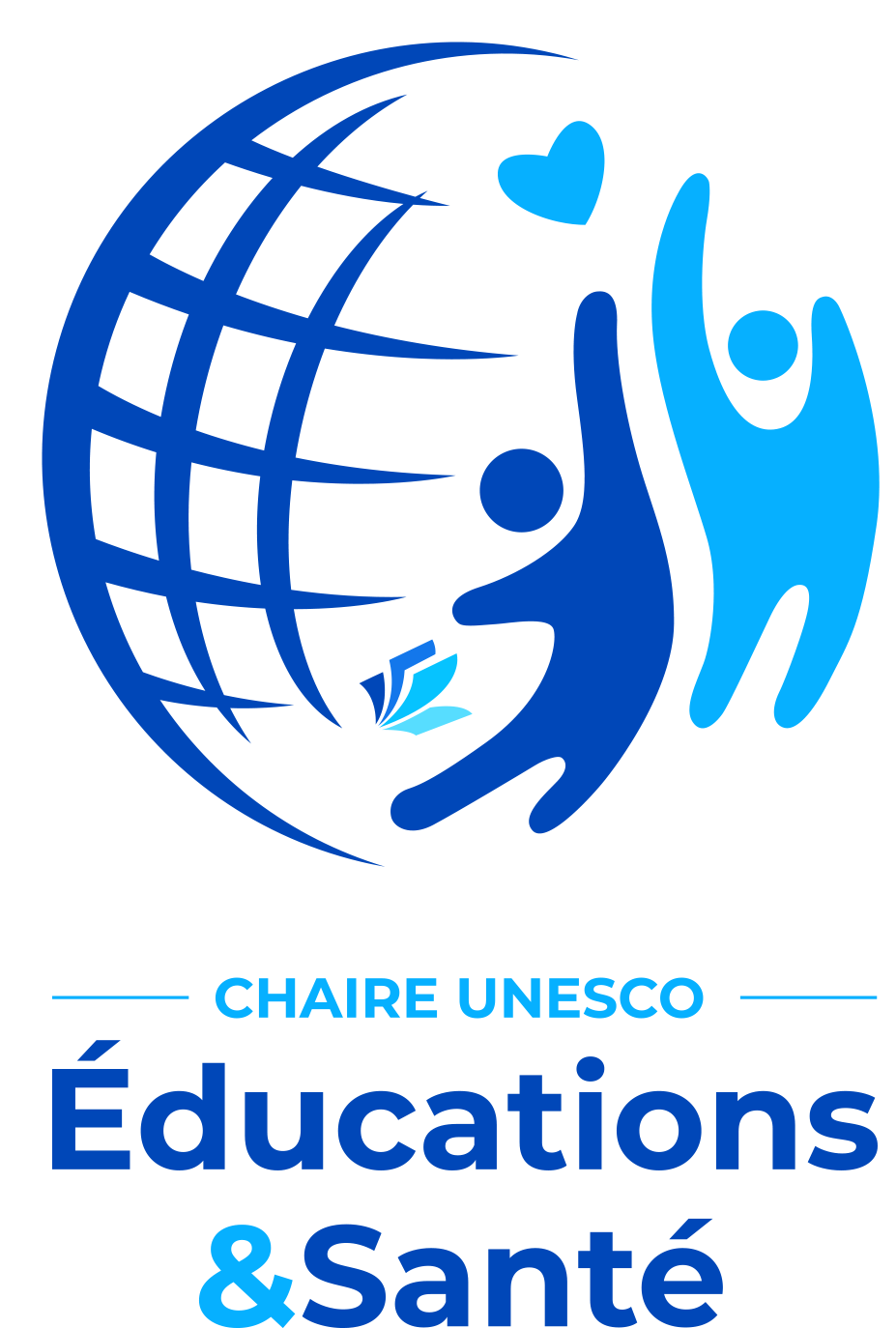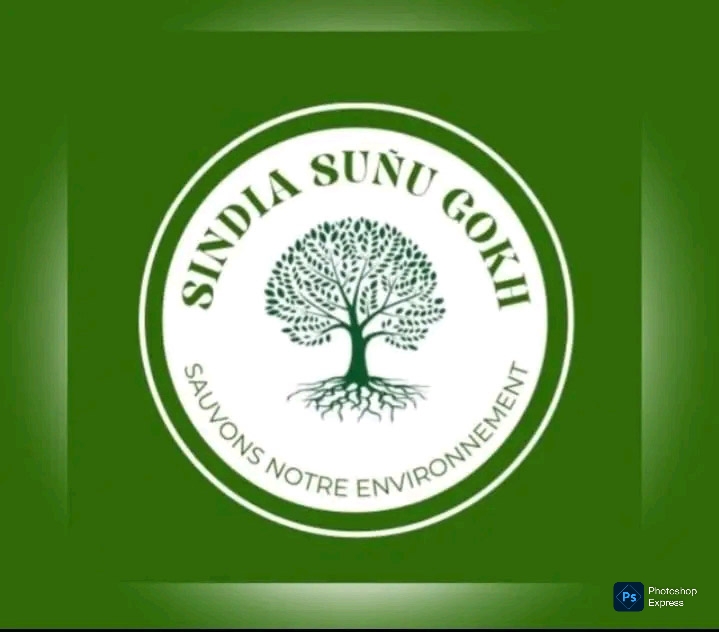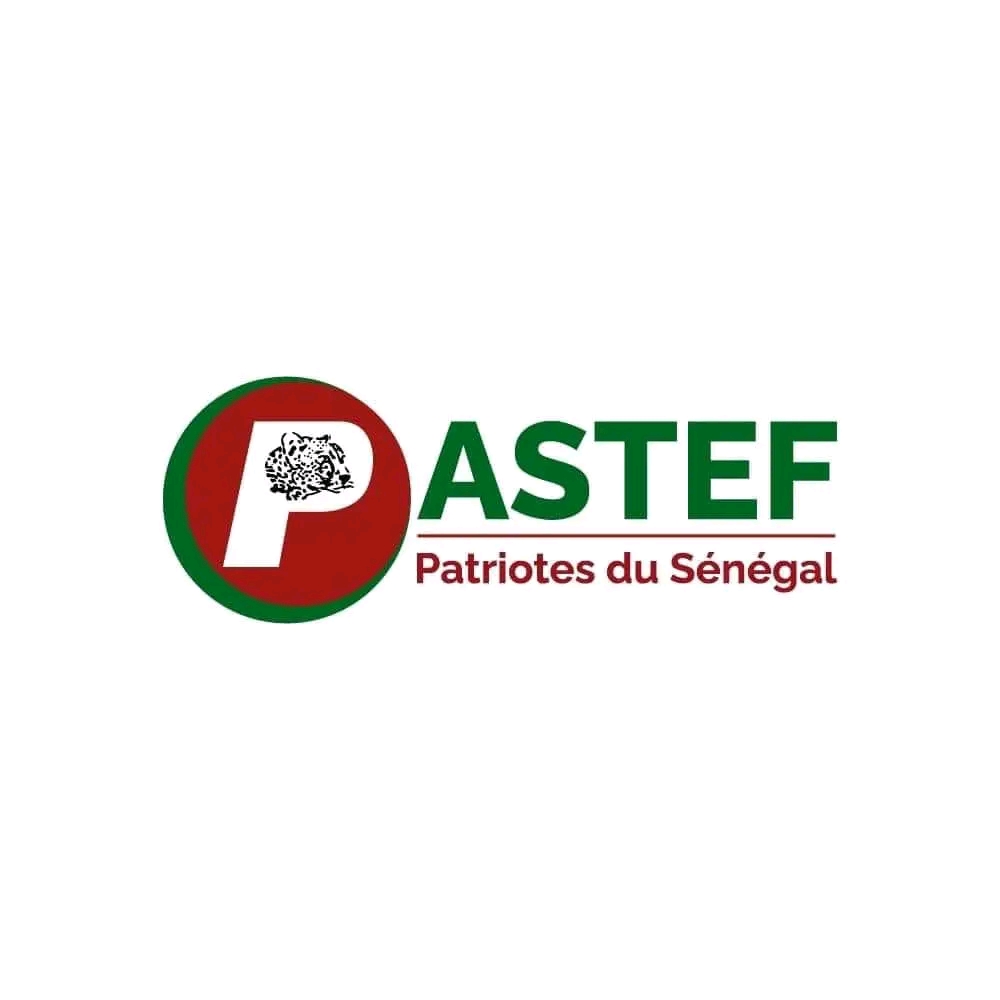About this project
In the village of Sindia, located in a semi-arid region of Senegal, climate change is worsening existing health vulnerabilities: recurrent droughts reducing access to safe drinking water, industrial pollution from nearby mines causing respiratory illnesses, poor waste management, and the lack of ambulance services for medical emergencies. In response, this project proposes an innovative, integrated, and inclusive approach that mobilizes local resources to strengthen community health and climate resilience.
The initiative is built around three interconnected pillars:
1. Decentralized governance: Leveraging Senegal’s Act III of decentralization, the local municipality mobilizes public funds to recruit community health workers, acquire an ambulance, and establish a waste management system. Citizen monitoring committees oversee the social responsibility of extractive industries.
2. Accessible and effective technologies: Community radio and WhatsApp groups are used to widely disseminate health and climate messages in local languages. Solar-powered boreholes ensure a steady supply of clean water and reduce the prevalence of waterborne diseases.
3. Inclusive community mobilization: Women, youth, daaras (Quranic schools), and community leaders actively participate in field actions such as collective clean-up campaigns <<set-sétal>>, health education sessions, and reforestation efforts.
The project aims to reduce respiratory infections caused by pollution by 40%, significantly increase access to drinking water, and improve emergency medical care. It addresses human health, environmental protection, local governance, and education aligning with several Sustainable Development Goals (SDGs 3, 4, 6, 11, and 13).
Social inclusion is central to the project: women are trained and play leadership roles in hygiene brigades; youth manage digital awareness tools; and traditional knowledge from Indigenous communities is integrated. This combination of science, tradition, and citizen engagement makes the model highly adaptable and replicable across other areas of the Sahel.
Tangible results are already emerging: open waste burning has decreased, respiratory infections dropped from 120 to 70 cases per month, access to drinking water improved in multiple villages, and daaras are increasingly engaged in health promotion.
This project offers a holistic response to the dual challenges of climate change and public health by empowering communities to become drivers of their own resilience. It stands as a replicable model for semi-arid areas of West Africa and a concrete example for discussions on health and climate at COP30.
Goals and Objectives
Project Goals and Objectives
The project aims to improve community health and climate resilience in the municipality of Sindia, a semi-arid zone in Senegal, by mobilizing local populations around integrated and sustainable actions. Its goal is to address health vulnerabilities linked to climate change (such as waterborne and respiratory diseases, industrial pollution) while strengthening local governance and citizen participation.
The target beneficiaries are rural populations from Sindia and 18 surrounding villages, particularly women, youth, indigenous communities (Peulh, Serer), children, and students in Quranic schools <<daaras>>. These groups were selected due to their high exposure to environmental risks and their central role in community dynamics. They will benefit from improved access to drinking water (solar-powered boreholes), emergency services (ambulance), environmental health education, and a healthier living environment through reforestation and waste management initiatives.
Project impacts will be sustained through the local anchoring of proposed solutions: active community involvement, decentralized governance, environmental monitoring committees, and the inclusion of local knowledge.
Community ownership will ensure the continuity of actions beyond the project's initial implementation.
The project is replicable in other semi-arid regions of West Africa due to its low-cost nature, cultural adaptability, multisectoral approach (health, water, environment, education), and alignment with the Sustainable Development Goals (SDGs). It may also serve as a model for other local governments facing similar climate and health challenges.
Expected result
SMART Expected Results of the Project
1. Reduction of Respiratory Infections
- Specific: Reduce acute respiratory infections linked to air pollution (waste burning, mining dust) by 40%.
- Measurable: Decrease from 120 to 70 cases per month over 18 months, verified through Sindia’s health post records.
- Achievable: Through “set-setal” (community clean-up) operations, awareness campaigns via radio/WhatsApp, and industry monitoring committees.
- Relevant: Aligned with SDG 3 (health) and SDG 13 (climate action).
- Time-bound: Target to be evaluated by December 2025.
2. Improved Access to drinking Water
- Specific: Increase access to safe drinking water by 70% in 12 priority villages.
- Measurable: Raise the proportion of households with access to safe water from 20% to 50%, measured through quarterly household surveys.
- Achievable: Via solar-powered boreholes and rehabilitation of water networks, funded by the municipal budget and partners.
- Relevant: Contributes to SDG 6 (clean water) and helps prevent waterborne diseases.
- Time-bound: Goal to be achieved by June 2026.
3. Strengthening Local Governance
- Specific: Train 30 community agents and 10 local officials in climate-health budgeting.
- Measurable: Number of training sessions held and local budgets allocated (e.g., one ambulance, two waste collection trucks).
- Achievable: Supported by Senegal’s decentralization reform (Act III) and technical partners.
- Relevant: Promotes SDG 11 (sustainable cities) and local empowerment.
- Time-bound: Training to be completed by September 2025.
4. Inclusive Community Mobilization
- Specific: Engage over 50% of women and 30% of youth in climate-health initiatives.
- Measurable: Participation in “set-setal” (expanding from 3 to 10 neighborhoods) and educational talks in 5 <<daaras>>-Quranic schools.
- Achievable: Through incentives (microcredits, certificates) and culturally adapted tools (messages in local languages).
- Relevant: Supports gender equality (SDG 5) and social inclusion.
- Time-bound: Monthly monitoring through December 2025.
5. Citizen Oversight of Industries
- Specific: Cut illegal toxic waste burning by 50% through citizen monitoring committees.
- Measurable: Number of industries compliant with environmental standards, based on quarterly reports.
- Achievable: Through CSR partnerships (e.g., water access in exchange for compliance).
- Relevant: Directly linked to SDG 12 (responsible consumption and production).
- Time-bound: Results assessed by December 2025.
Key Monitoring Indicators
🔹Rate of respiratory infections (health registers).
🔹% of households with safe water access (surveys).
🔹Number of participants in community activities (attendance lists).
🔹Local budget allocations (municipal documents).
🔸Added Value:
🔹These time-bound, measurable results demonstrate the effectiveness of an integrated approach (health,environment, local governance) in the context of COP30, with potential for replication in other semi-arid areas. The project builds on local levers (decentralization, low-cost technologies) to ensure lasting and equitable impact.
🔸Limitation: The full achievement of targets depends on available funding. Rigorous monitoring and adjustments will be necessary to ensure success.
Partners



About me / organisation
Oumar Bella Diallo
Oumar Bella Diallo (33 years old), is a natural sciences teacher and specialist in health education and promotion. Holding a Master’s degree in Life and Earth Sciences, a Bachelor’s degree in Biology, Chemistry, and Geosciences, and a Professional Bachelor's in Health Education and Promotion (UCAD), he combines scientific rigor with strong community engagement.
Oumar has extensive field experience: he serves as a facilitator for the UNESCO Chair global " Health & Education" a member of the advisory committee for the HIRA research-action project (LASPAD/UGB) on support for adolescents affected by gender-based violence, and an ambassador of the Mental Health Leadership and Advocacy Programme at Africa CDC (African Union). He advocates for an inclusive approach to health that integrates environmental, social, and mental health issues. In Sindia, he has led public awareness campaigns (hygiene, waste management) in partnership with local authorities, schools, and youth associations.
Website Website